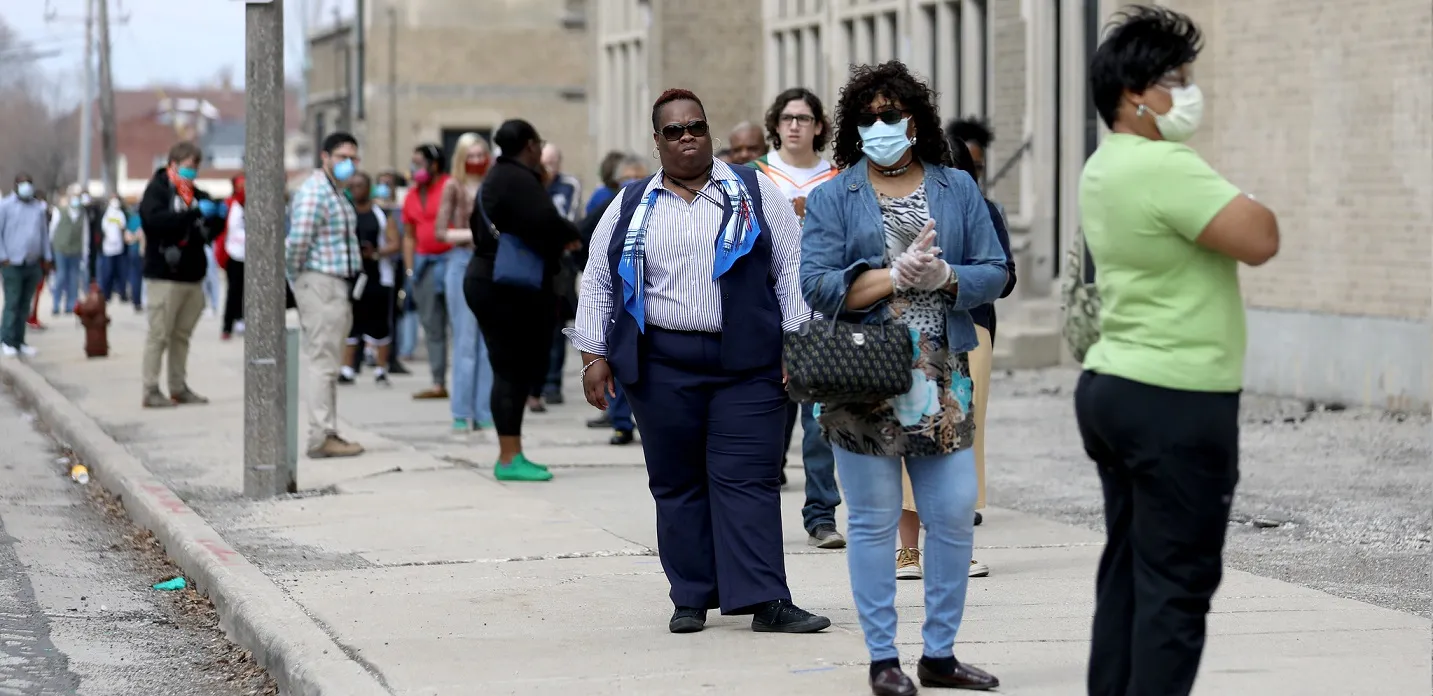The COVID-19 crisis – A much needed new opportunity for online voting?

In the early 2000s, a sense of euphoria about online voting could be felt in many countries and election expert communities alike. After all, this seemed the logical next frontier of the internet: making elections more convenient, accessible and cheaper.
However, despite a few individual success stories such as Estonia, the expected boom in online voting has not happened. Experiences such as in Norway or more recently in Switzerland show that the challenge of providing the equivalent of a polling station on a computer or mobile phone was much greater than expected, not only for getting it technically right but also for legislators, electoral managers, electoral stakeholders and voters to accept and trust this technology. As a result, most countries shy away from large scale online voting seeing too many risks and open questions: How can we prevent breaches of the secrecy of the vote? How can we guarantee votes are accurately counted? How can we make sure voters and stakeholders understand and trust this is the case? How can we let election observers follow the process? How can we protect against hacking attacks? Many countries still find online voting interesting in principle, but the small number of successful implementations gives little assurance that those questions can be resolved in practice.
Early into 2020, COVID-19 rapidly expanded to a global emergency with catastrophic consequences on many levels. For elections and democracy, we have seen many negative impacts already: from cancelled and postponed elections to countries curtailing individual rights in their efforts to fight the pandemic. Often these measures have been necessary and proportional and have faced little opposition.
At the same time, this emergency creates a previously unimaginable real-life experiment in many areas. It unleashes innovations in weeks that may otherwise have taken years. We have already seen some local elections, such as in the German state of Bavaria and some US states, scaling up postal voting to encompass the entire electorate. The results of these experiments have been surprising and, in some ways, encouraging. Certainly, there were logistical challenges and delays in the count due to the size of the exercise. But it worked. And most importantly, voter turnout went up. The first round of the local elections in Bavaria, which took place at the beginning of the COVID-19 crisis using partial postal voting, turnout increased to 58.5 per cent from 55 per cent in 2014. The second round was conducted two weeks later with full postal voting, and while traditionally characterized by less participation, the second round saw increases in turnout. Depending on city, this increase was between an additional 2 per cent to 11.9 per cent. This experience bodes well for exploring the potential for new and more flexible voting arrangements.
Responding to the COVID-19 crisis, many countries are considering to scale up their special voting arrangements. Those that already have already online voting, the electronic equivalent of postal voting, at their disposal have an additional opportunity. Boosting online voting is much more efficient than expanding postal voting. Most logistical problems of postal voting, such as mailing out hundreds of thousands of ballots, manually counting these ballots in possibly crowded counting centres, the risk of ballots getting lost in the mail, ballots invalidated as voters make formal mistakes in the paperwork and the massive cost could be avoided and the vote count would be faster than in any paper-based election. Turnout may well go up at the same time and the costs of the election would go down by eliminating the need for the massive operation required for postal voting. And opposition against such an innovation would likely be very limited if this is done in response to the coronavirus crisis and the practice had already been employed on a more limited scale before.
Overall, this scenario could indicate a golden opportunity for online voting. The longer the COVID-19 crisis lasts, the more likely we are going to see developments in this direction. And even countries with no online voting in place right now could benefit. Valuable learning could be gained from these new experiences. And any new success stories may eventually encourage more countries to put online voting higher up on their priority list for electoral reform.
But make no mistake: due diligence and proper testing take time and the related processes we had pre-COVID-19 were in place for a reason. Taking shortcuts is possible and may well be needed in the midst of this crisis. Not only for developing COVID-19 vaccines but also for developing and expanding voting technologies. Shortcuts are not risk-free, however. And even if they work once there is no guarantee this success can be repeated.
One day the COVID-19 crisis will be over. Not all quick fixes will be the best long-term solutions. This will be the moment when we will have to take stock of what has been achieved, what should be retained, what needs to be improved and what needs to be reduced again. This concerns all the measures we are taking right now. Including online voting.




